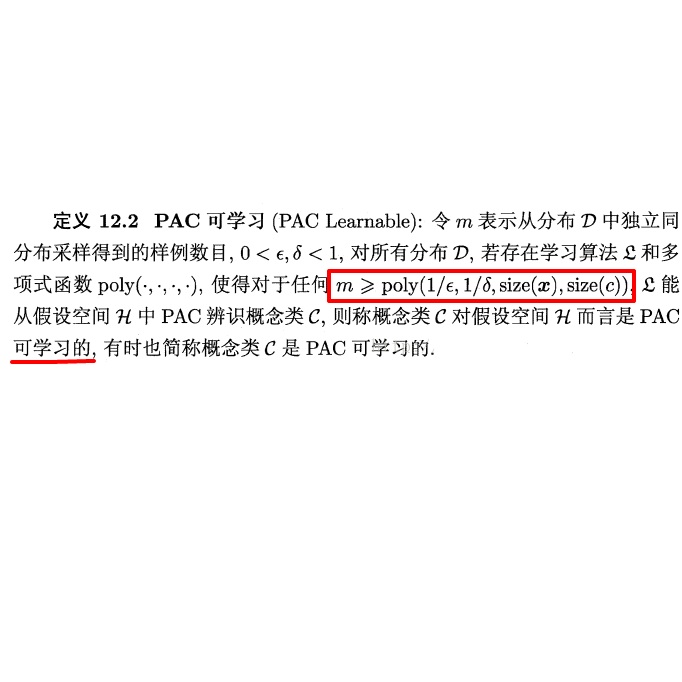Equilibrium computation in markets usually considers settings where player valuation functions are known. We consider the setting where player valuations are unknown; using a PAC learning-theoretic framework, we analyze some classes of common valuation functions, and provide algorithms which output direct PAC equilibrium allocations, not estimates based on attempting to learn valuation functions. Since there exist trivial PAC market outcomes with an unbounded worst-case efficiency loss, we lower-bound the efficiency of our algorithms. While the efficiency loss under general distributions is rather high, we show that in some cases (e.g., unit-demand valuations), it is possible to find a PAC market equilibrium with significantly better utility.
翻译:市场平衡计算通常考虑已知玩家估值功能的设置。 我们考虑玩家估值未知的设置; 我们使用PAC学习理论框架分析某些类别的共同估值功能,并提供算法,以直接输出PAC均衡分配,而不是试图学习估值功能的估计数。 由于PAC市场结果微不足道,效率损失最大,因此我们降低了我们的算法效率。 虽然一般分配中的效率损失相当高,但我们表明,在某些情况下(例如单位-点数估值),可以找到PAC市场平衡,其效用大得多。



